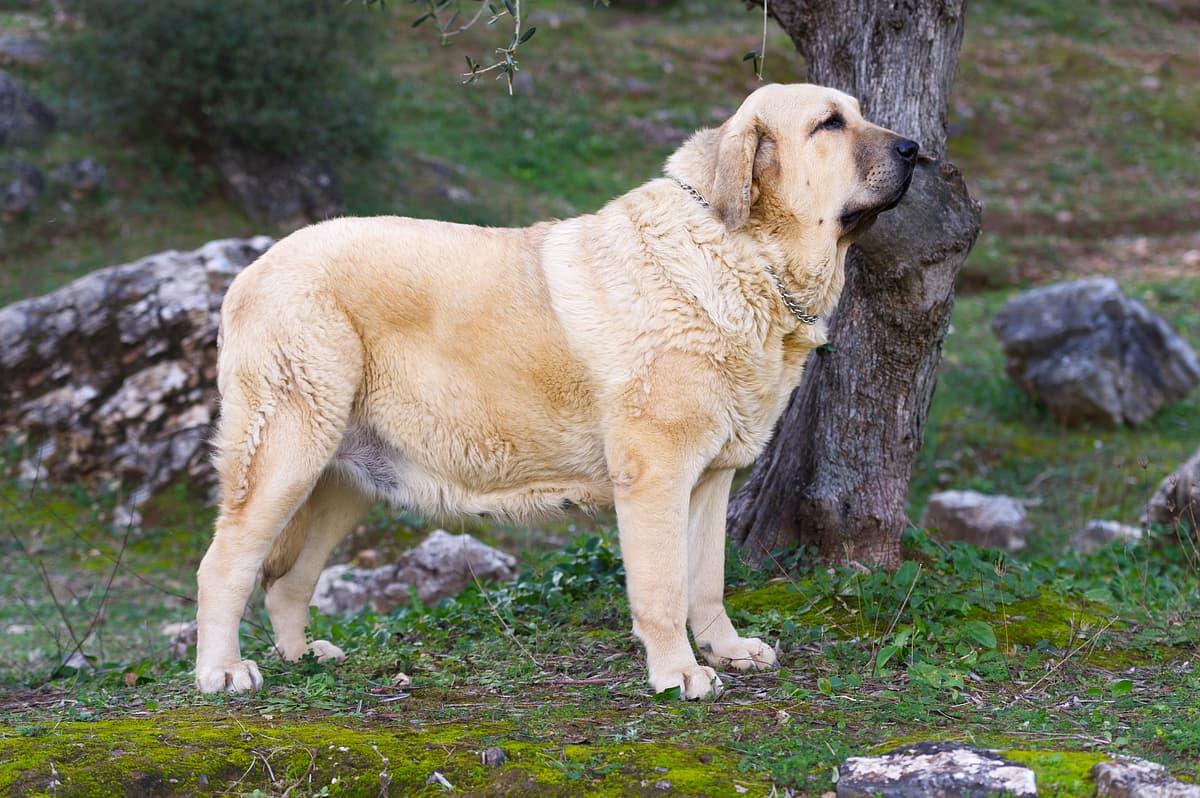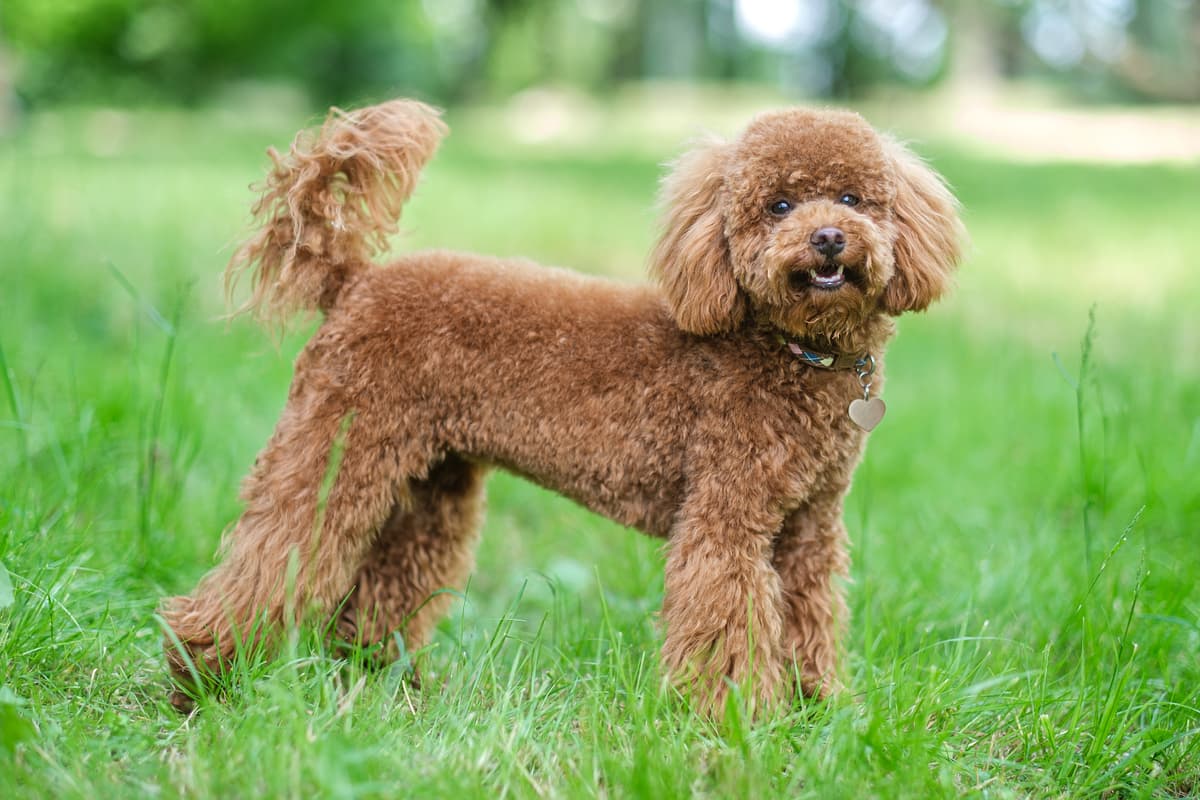Spanish Mastiff vs Poodle
Discover the differences between Spanish Mastiff and Poodle to make the best choice for your situation.
Try different breeds

Spanish Mastiff
Massive yet gentle, this loyal guardian forms strong bonds with family and thrives in calm environments. Calm, patient, and protective, it excels as a devoted companion.

Poodle
Elegant, intelligent, and highly trainable, this breed stands out for its lively spirit and loyal companionship. Their hypoallergenic coat and playful personality make them ideal family pets.
Quick comparison
Large
52–70 kg
Dense, straight
10–12 years
40–60 kg
Low activity needs
Medium
20–32 kg
Curly, dense
12–15 years
18–27 kg
High energy
Personality & behavior
Compare the personality traits and behavioral characteristics of both breeds.
Spanish Mastiff
Calm, gentle, and tolerant with familiar people
Learns commands steadily, responds to training
Low activity needs, prefers calm environments
Not highly playful, enjoys relaxed companionship
Adjusts moderately to new environments and changes
Poodle
Warm and sociable with family and guests
Highly intelligent and quick to learn commands
Needs regular activity and enjoys exercise
Loves games and interactive playtime
Easily adjusts to new environments and routines
Care needs
Exercise, grooming, and daily care requirements
Spanish Mastiff
Hip dysplasia, entropion
Poodle
Hip dysplasia, Addison’s disease
Suitability
How well each breed fits different living situations and families
Spanish Mastiff
Challenging for novices
Requires experienced handling due to size and temperament
Not suitable
Needs ample space and dislikes confined environments
Moderately suitable
Enjoys moderate activity but prefers a calm lifestyle
Gentle guardian
Patient and protective with children, but may unintentionally knock over toddlers
Generally compatible
Can coexist with other pets if socialized early
Poor fit
Prone to separation anxiety and destructive behavior if left alone too long
Poodle
Great choice
Intelligent and eager to please, Poodles are easy for beginners to train and manage.
Highly suitable
Poodles adapt well to apartment life if given daily exercise and mental stimulation.
Perfect fit
Their energy and love for activity make them great companions for active households.
Very friendly
Poodles are gentle and patient with children when socialized from a young age.
Gets along well
Poodles usually coexist peacefully with other pets, especially if socialized early.
Prone to anxiety
Poodles can develop separation anxiety if left alone for long periods regularly.
Breed strengths
What each breed excels at and their best qualities
Spanish Mastiff
- Protective of family and property
- Calm and gentle with children
- Strong deterrent for intruders and predators
- Adaptable to rural and farm environments
- Low grooming needs despite heavy coat
Poodle
- Highly intelligent and easy to train
- Hypoallergenic coat reduces shedding
- Strong bond with family members
- Adaptable to various living environments
- Excellent performance in canine sports
Challenges & considerations
Potential challenges and considerations for each breed
Spanish Mastiff
- Prone to drooling and slobbering
- Needs significant space to roam comfortably
- Can be stubborn during training sessions
- High risk for hip and joint issues
- May be wary or aloof with strangers
Poodle
- Requires regular professional grooming
- Prone to separation anxiety if left alone
- Needs daily mental and physical stimulation
- Can be reserved with unfamiliar people
- Susceptible to certain genetic health issues
Ready to choose your perfect breed?
Learn more about each breed or compare other breeds to find the perfect match for your lifestyle.
Discover more helpful tools
Make use of our other free tools to get the most out of your pet experience
